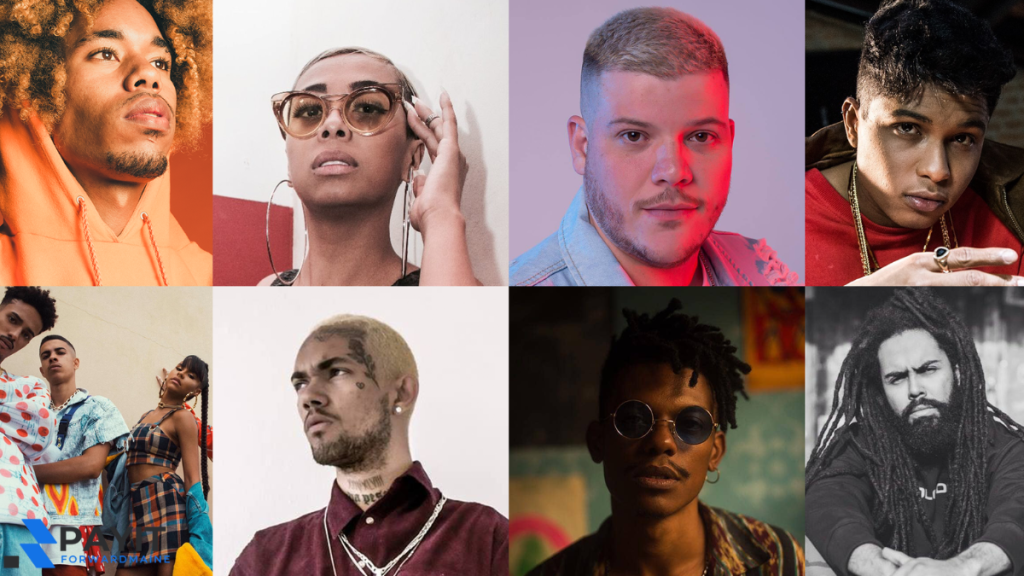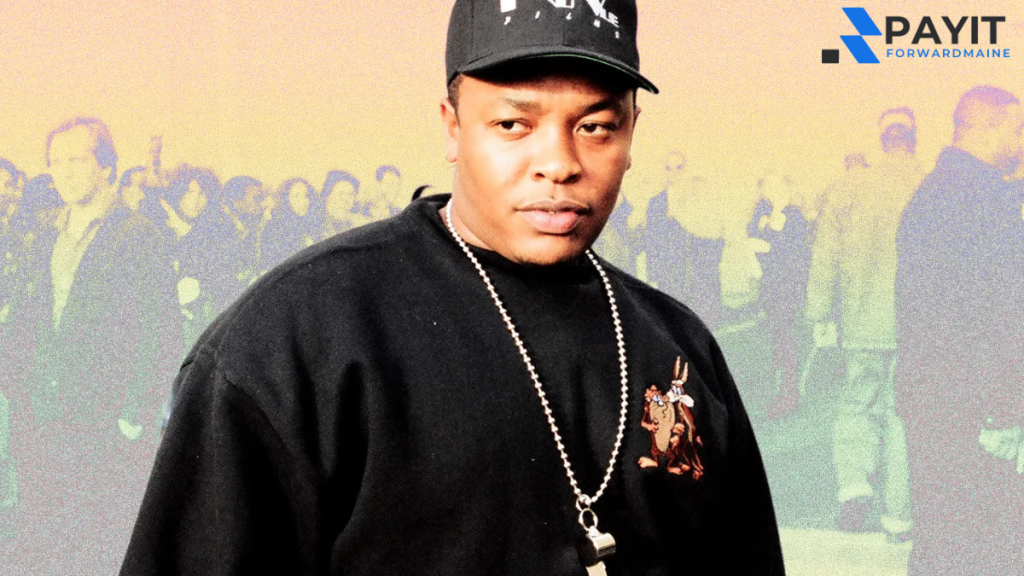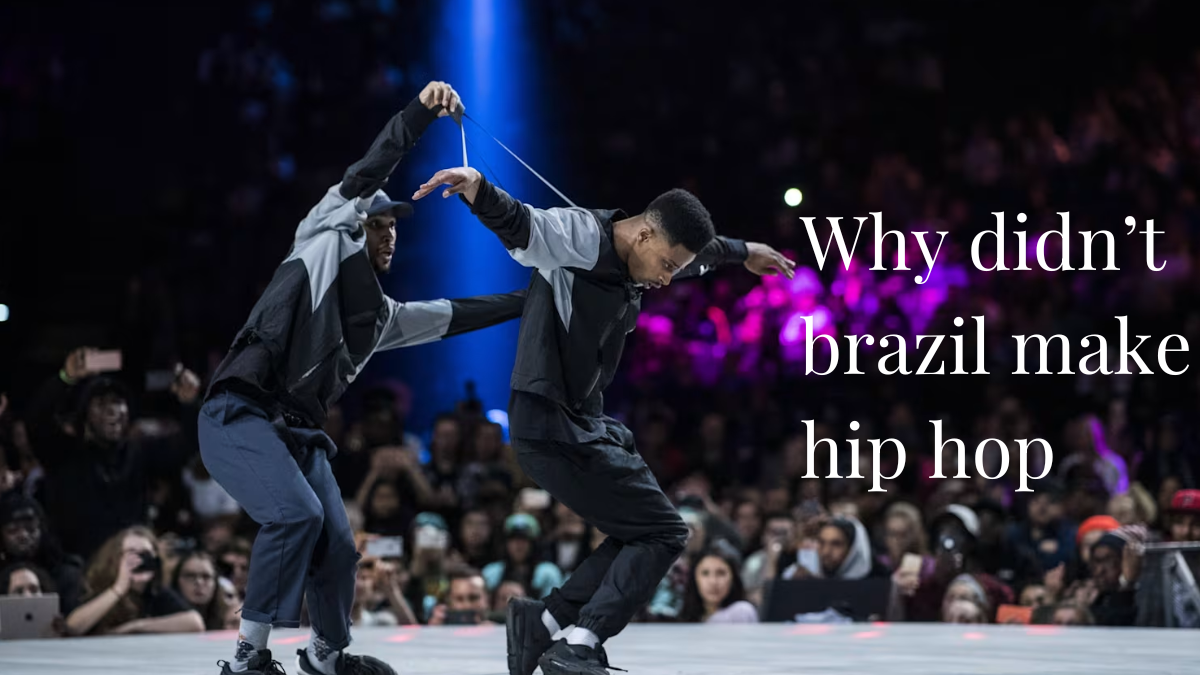Table of Contents
Brazil is known worldwide for its vibrant and diverse music culture. From samba to bossa nova, Brazilian music has left a mark on the global stage. However, when hip-hop emerged as a powerful cultural force, one might wonder why didn’t Brazil make hip hop. In this article, we’ll explore Brazil’s unique musical journey and the reasons why hip-hop didn’t initially originate in Brazil despite its rich music history.
Brazil’s Musical Roots

To understand why didn’t Brazil make hip hop, it’s important to first look at Brazil’s deep musical roots. Brazil’s music is a melting pot of African, European, and Indigenous influences. Samba, for example, emerged from Afro-Brazilian communities and quickly became the heartbeat of the nation’s musical identity. Genres like bossa nova, tropicalia, and funk carioca also played a significant role in shaping Brazil’s music scene.
Why didn’t brazil make hip hop? However, while these genres thrived, hip-hop was growing elsewhere—mainly in the United States. Brazil’s strong connection to its traditional rhythms and cultural expression meant that hip hop, with its specific origins and message, didn’t develop there naturally in the beginning.
The Rise of Hip Hop Worldwide
In the late 1970s and early 1980s, hip-hop exploded in the Bronx, New York. It started as a voice for marginalized communities, addressing issues like inequality, race, and life in urban America. From breakdancing to graffiti and DJing, hip-hop became a global phenomenon with cultural and artistic elements that resonated far beyond its birthplace.
But despite its global reach, Brazil’s music scene remained focused on its own unique rhythms and cultural expressions. So why didn’t Brazil make hip hop during its rise? One reason may be that Brazil was already deeply connected to its musical heritage. Samba, funk carioca, and other local genres were so ingrained in everyday life that a new genre like hip hop didn’t immediately have space to flourish.
Check Out This Information: Curious How Long Are College Basketball Games Last? Find Out!
Social and Cultural Differences
Another reason why didn’t Brazil make hip hop could be linked to social and cultural differences. While the United States was dealing with specific issues of race, poverty, and urban life, Brazil’s social landscape was different. Brazil has a history of inequality, especially with its Afro-Brazilian population, but these issues were often expressed through samba and funk rather than through hip-hop.
Furthermore, Brazil’s cultural identity has always been tied to joy, celebration, and dance, which are reflected in genres like samba and bossa nova. Hip hop, on the other hand, originated as a way to express struggle and resistance, themes that didn’t immediately align with Brazil’s dominant musical expressions at the time.
Hip Hop’s Influence in Brazil
While why didn’t Brazil make hip hop, the genre did eventually find its way into the country. In the late 1980s and early 1990s, hip-hop began gaining popularity in urban areas, especially in São Paulo. Brazilian artists started to embrace the beats and rhythms of hip-hop, but they often infused it with local sounds and social messages relevant to Brazilian life.
Artists like Racionais MC used hip-hop to speak out about poverty, police brutality, and racial issues in Brazil. This local adaptation of hip-hop gave the genre a distinct flavor, blending American-style beats with Brazilian social themes. So, while why didn’t Brazil make hip hop in the same way the U.S. did, it became a powerful tool for Brazilian artists to address their struggles.
See This Article: Why didn’t brazil make hip hop? Exploring Its Musical Journey
The Fusion of Hip-Hop with Brazilian Music
Today, hip-hop is very much a part of Brazil’s music scene, though it often merges with local sounds and rhythms. Brazilian hip-hop artists frequently incorporate samba, funk carioca, and other traditional music styles into their tracks. This fusion makes Brazilian hip-hop distinct from its American counterpart, reflecting the country’s unique culture and musical history.
As hip-hop continues to evolve, it has become a space where Brazilian artists can share their stories and experiences, bridging the gap between local traditions and global influences. In this way, Brazil may not have created hip-hop, but it certainly made it its own.
Why Didn’t Brazil Make Hip Hop from the Start?

So, why didn’t Brazil make hip hop when it was first emerging around the world? The answer lies in Brazil’s strong cultural and musical identity. With rich traditions like samba and funk carioca deeply rooted in its society, Brazil didn’t need a new genre to express its cultural or social messages. It wasn’t until later that hip hop resonated with the local population, and even then, it was adapted to fit Brazilian themes and issues.
In conclusion, while Brazil didn’t create hip-hop, the country has embraced and shaped the genre in its way. Hip hop’s rise in Brazil shows how music can evolve and cross borders, becoming a powerful force for expression no matter where it originates.
In exploring why Brazil didn’t make hip-hop, it becomes clear that every country has its musical journey. Brazil’s deep connection to samba, funk, and other local genres kept its music scene focused on its cultural expressions for many years. However, when hip-hop did arrive, Brazil gave it a unique twist, blending it with traditional sounds and local themes.

